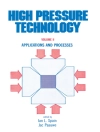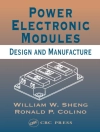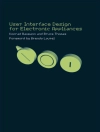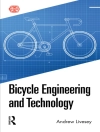Transportation is a major contributor to greenhouse gas emissions. Any long-term plan to reduce, and eventually eliminate, fossil fuel use needs to include a transitioning of transportation energy to low-carbon sustainable sources. This book outlines the current transportation energy requirements and the primary sources of this energy. A detailed analysis of technologies appropriate for road transportation is included, and the application of sustainable technologies to rail, maritime and air transportation is discussed. Finally, a summary of the challenges involved in implementing sustainable transportation technologies and a quantitative analysis of how renewable energy production relates to the development of sustainable transportation are presented. The book is an invaluable reference for undergraduate and postgraduate science and engineering students with an interest in energy, transportation or environmental issues.
Key Features
-
Reviews the energy technologies that may be appropriate for future transportation needs
-
Considers resource and environmental reasons for changing our approach to energy, as well as possible future energy sources and future energy needs
-
Describes the scientific basis and application of all major technologies for road, rail, maritime and air transportation
-
Provides a detailed quantitative analysis of the way in which future transportation energy can be integrated into global sustainable energy production
-
Summarises the challenges involved in implementing sustainable transportation technologies
Innehållsförteckning
1 Our current transportation technologies and the need for change
2 Battery electric vehicles
3 Hydrogen and its derivatives
4 Biofuels
5 Other modes of transportation
6 The future of transportation
Appendix A: Powers of ten
Appendix B: Power and energy
Appendix C: Units of power and energy
Appendix D: Energy contents of various fuels
Appendix E: Battery characteristics
Om författaren
Richard A. Dunlap is a Research Professor at Dalhousie University in Canada. He joined Dalhousie University in 1981 and became a full professor in 2001. He was the director of the Dalhousie University Institute for Research in Materials from 2009 to 2015. Having published more than 300 refereed research papers, his research interests include nuclear spectroscopies, magnetic materials, quasicrystals, critical phenomena and advanced batteries materials. He is the author of thirteen books, including six with IOP ebooks.












